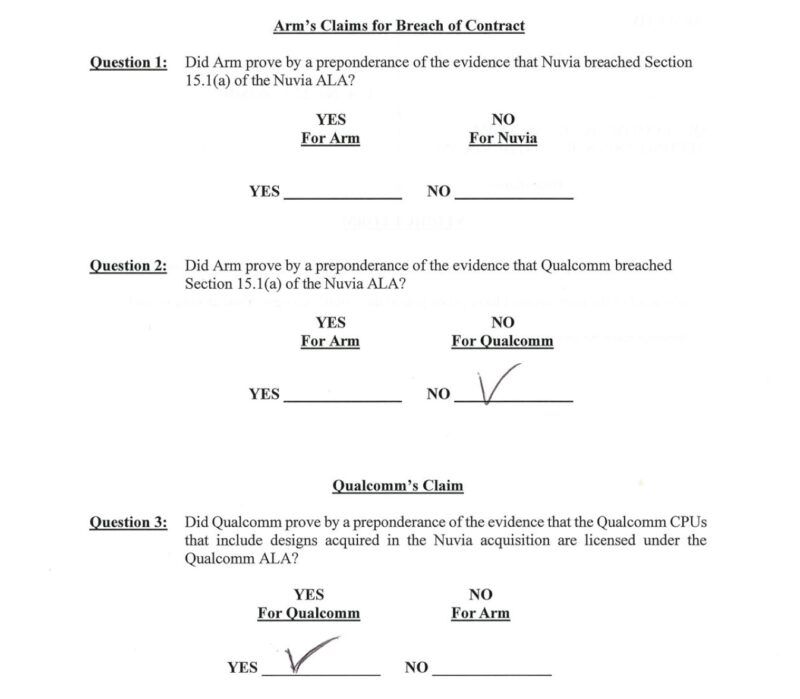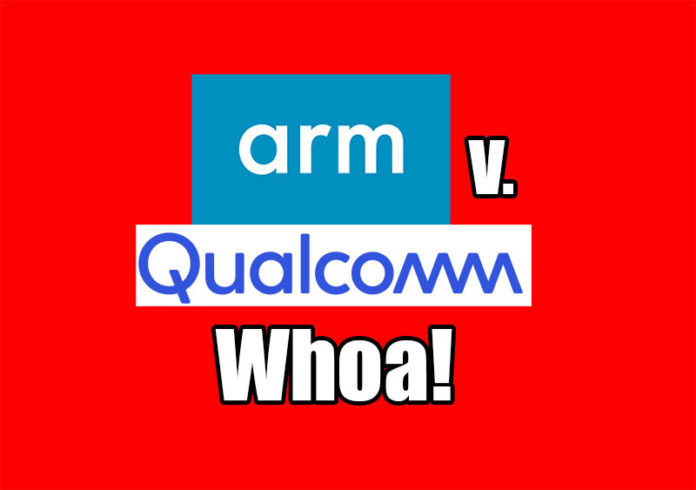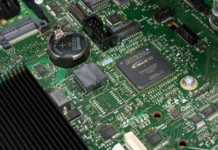It has taken roughly 9 quarters, but we have the first set of answers in the Arm v. Qualcomm case. With today’s verdict, Qualcomm has done very well. Notably, the jury found for Qualcomm in two of the three questions presented to the jurors.
Disclaimer: None of this should be construed as legal advice. I have a JD, but I do not practice. If you want legal advice, please seek licensed counsel in your required jurisdiction.
Qualcomm Wins Big Versus Arm
The Delaware jury’s verdict arrived today for two of the three claims:

The jury unanimously found for Qualcomm in two of the three questions posed to them. That is a big deal since Qualcomm won those matters after the trial concluded. The jury finding for Qualcomm’s claim that designs acquired in the Nuvia acquisition are licensed under the Qualcomm ALA is a big one to win.
The first claim that Nuvia breached its contract with Arm did not end with the jury making a unanimous verdict.
For some frame of reference for those readers not in the US, generally in the US the standard for criminal trials is “Beyond a reasonable doubt.” That is a very high bar to cross. When I was in law school, the debate was whether that meant something like the juror was 99%+ sure that the defendent was guilty or if it was more like 97%. In the US, this high-bar to criminal conviction is there to protect against the incarceration of the innocent, even if that means that some who are guilty will go free.
In civil matters like this one, there are many differences. Important here is that in civil matters parties can be liable or not liable, but we do not use the terms guilty and not-guilty that are used in criminal proceedings. On the civil side, there is a “Perponderance of the evidence” standard which is more like an over 50% hurdle. For example, if all of the jurors thought that there was a 50.1% chance that Qualcomm’s designs were covered under its ALA, then the verdict should be for Qualcomm. Civil awards have a much lower standard because usually thate deals with monetary damages, not incarceration.
Of course, there is a lot of nuance to the above, but at a very high-level that is a main difference between what those who are exposed to the US legal system via the criminal side versus civil side will see. Please contact a licensed attorney in your jurisdiction to learn more, as this post does not contain legal advice.
More than likely, the lack of an unanimous verdict on the first question means that there were one or more jurors who crossed that 50% threshold that Nuvia breached its contract with Arm. Depending on the matter and jurisdiction, the number of jurors aligning can vary, but in this case the judge asked for unaniuous juror answers.
Final Words
For Qualcomm, this was a big win. Arm will likely appeal the decisions as usually these cases have folks noting grounds for an appeal during the trial. Arm may also seek to get that first question answered. This is unlikely to be the end to this matter, but prevailing at trial is important.
Perhaps the bigger impact is to companies like Ampere Computing since Qualcomm’s win should give clarity to any potential investors for a company like Ampere designing custom Arm cores.
My sense is that this is not going to be the end of the Arm v. Qualcomm, but it is a big milestone since both parties had their carefully crafted positions evaluated by the legal process.





The is great news for the custom ARM market where I firmly Believe that the ISA/ALA-agreement IP Licensing rights end at the front of decoders where the ISA gets abstracted into Micro-Ops to actually get executed by each company’s respective custom and very bespoke micro-op execution engines/hardware! And so ARM Holdings/Any ISA only(ALA) licensing interest should never be able to write contracts that claim the rights to any processor developer’s custom micro-architecture that’s that company’s rightful IP.
Demanding that Qualcomm destroy the Nuvia custom Micro-Op execution engines that Nuvia designed and created, and that Qualcomm legally acquired, just because of some non tangible ISA licensing nonsense. ISA’s are not executed directly in hardware on modern micro-processors as that gets abstracted at the Micro-ops level for the majority of the ISAs utilized on processors today! And so custom micro-ops engines can potentially be refactored to run any ISA as long as the decoders have the ability to take the ISA/ISA execution rules and convert that into micro-ops to be run on the custom hardware(Micro-Ops execution engines).
I know that this is not what was actually adjudicated in this case but there needs to be regulations that define where an ISA ends and some company’s custom micro-architecture begins so contracts do not overstep/overreach IP rights! But sans that ever happening the best bet is to just go to RISC-V and put an end to the ISA licensing Cartels!
@CwonInnovation: very sharp reasoning and great exposition.
Site content and comments like yours are the very reason I am
a servethehome reader.
Greetings from Italy